The Evidence Base speaks with Milana Trucl, DSL Coordinator, to explore what EHDS means for patients and what is needed to ensure their readiness for its implementation.
At the Public Engagement in Data Research Initiative (PEDRI), we bring together a community of organisations and individuals who are all committed to improving public involvement and engagement in research using data and statistics.
A new survey developed by the European Patients’ Forum (EPF) aims to explore patients’ perspectives on the use of Artificial Intelligence (AI) in healthcare. The deadline to complete the survey is 21st August 2025.
The entry into force of the European Health Data Space (EHDS) provides an important spur for the collection, processing and analysis of personal electronic health data across Europe, which – it is hoped – will bring tangible benefits for health providers and patients.
In November 2024, Data Saves Lives celebrated its five-year anniversary event in Brussels. The two-day event provided an opportunity to reflect on the DSL journey of empowering health communities through data literacy. It brought together key stakeholders to discuss the progress made and explore the future of health data sharing in healthcare.
The EHDS Regulation is coming into force in late March 2025. It has the potential to empower patients in the European Union to access their health data, as well as harness the research potential of health data.
Access to healthcare data has been a major concern for patients and healthcare users’ associations for many years in France. As far back as 2008, when France Assos Santé set up a national task force dedicated to digital healthcare, the exploitation of the French National Healthcare Data System was already on our agenda. This fall, we have reached a new milestone with the launch of a new service in collaboration with the Health Data Hub, a significant step in our commitment to enable access to healthcare data and its uses.
The Data Saves Lives (DSL) 5th Anniversary event, held on 26-27 November 2024, in Brussels, Belgium, brought together key stakeholders from across Europe's health landscape to explore the progress, challenges, and future of responsible health data sharing.
Healthcare systems are becoming increasingly dependent on information and communication technologies to deliver quality care to European Union (EU) citizens. As the volume of collected healthcare data expands, the need for transitioning from traditional paper-based to digitalised health records is clear.
On 5-6 December 2023, the third Data Saves Lives Ambassador Training Bootcamp was held in Brussels, Belgium, in partnership with the European Health Data & Evidence Network (EHDEN). The bootcamp centred on the process of establishing community-led patient registries. The ultimate aim was to empower participants with insights into the steps involved and the pivotal role of patient groups in shaping registry design for community benefit.
Digestive Cancers Europe (DiCE) is a non-profit, European umbrella organisation of a large group of international members representing patients with digestive cancers - colorectal, gastric, oesophageal, liver, pancreatic, and rare cancers.
Health data and artificial intelligence (AI) undoubtedly hold a promising future within the realm of technology and research, with the potential to have a substantial impact on patients’ lives.
Madeleine Brady, inflammatory bowel disease (IBD) patient, Engagement Consultant and formerly a comms lead for Health Outcomes Observatory (H2O), presents a personal view on the impact of H2O on patients.
In September 2022 Frontiers in Big Data published the paper “A concentric circles view of health data relations facilitates understanding of sociotechnical challenges for learning health systems and the role of federated data networks”.
On 28-29 March 2023, the second ever Data Saves Lives Ambassador Training Bootcamp was held on the top of Artificial Intelligence (AI) in Lisbon, Portugal. The purpose was to equip regional and national level organisations with a better understanding of the opportunities and challenges presented by the use of AI in healthcare and the potential role of patient groups in influencing the design and use of AI to improve the lives of their members. This blog gives an insight into the hot topics that were discussed as well as a summary of the key insights.
How learning networks helped people with chronic conditions make sense of what was going on in pandemic times
‘Even though we accept what Lucas has, we want him to have the best life possible – free from seizure and pain. That’s why sharing health data and taking part in clinical research is so important to us’
We take our mission to be the patient's voice seriously, and know that to be effective we need to be objective. Having good data to support our arguments when dealing with policymakers is crucial.
The process of recovery from severe mental ill health is by nature complicated. Like with severe physical ill health, there are often multiple and unknown causes, meaning the process of treatment is rarely straightforward.
In October 2022, we hosted our very first Data Saves Lives Ambassador Training Bootcamp in Prague, Czech Republic. The purpose was to equip regional and national level organisations with practical tools and tips on how to advocate for and have informed dialogue around health data sharing. This blog gives an insight into the hot topics that were discussed as well as a summary of the key insights.
In our latest blog, Clara Heathcock, Chronic Urinary Tract patient, shares her personal experience of falling ill in a country where her disease was not recognised, and the importance of health data coding in identifying conditions and appropriately treating them.
For those that were fortunate enough to be able to join us at the European Patients’ Forum (EPF) Congress in Brussels at the end of June, the Data Saves Lives team explored this title question with a highly engaged group of delegates.
As experience and research continues to develop, we see that the ability to access data affects not only the patient’s ability to look after themselves, but also their relationships with their clinical team and with their own illnesses and comorbidities. A shift to being empowered begins at the point of diagnosis, with a collaborative and interactive relationship between patients and healthcare professionals, which empowers patients to take on responsibility for their condition with the appropriate clinical support.
Looking to design a health app? Companies are becoming increasingly aware of the importance of involving patients in the development process of new applications. Read on as a member of the - Gravitate-Health UAG shares experiences of using digital health tools, including thoughts on what aspects work well and not so well from a patient’s perspective.
Unfair and systematic differences in healthcare between different demographic groups have led to avoidable health inequalities. The collection of health data gives us the opportunity to address the gaps, but do we really have the full picture?
Data does save lives, but information quality is paramount to achieve successful outcomes and this, in my experience, cannot be achieved if patients are not full partners and agents in their care, using the right tool to do this.
This year was really full with news and resources about health data sharing. The European Health Data Space became more and more focused and discussed. Additionally, patients and citizens started to become more interested in health data sharing. Nevertheless, it became clear again that there is a significant need for more information and education around the topic too.
Often when we buy new shoes, we have to learn to walk in them – a process that is long and sometimes, uncomfortable. If you hadn’t walked in my shoes, you wouldn’t know what they truly felt like. The reason I use this shoe analogy is because it’s a phrase often used by people living with chronic conditions: “You can’t walk in my shoes!”
I recently co-led a virtual workshop for patients and the public about future opportunities and factors that influence acceptance of the European Health Data Space (EHDS). The EHDS is a new initiative of the European Commission for a portal of health data resources across Europe. The initiative is still in an open consultation phase. The EHDS aims to accelerate research which uses health data, and to enable individuals to have access to their own health records across borders.
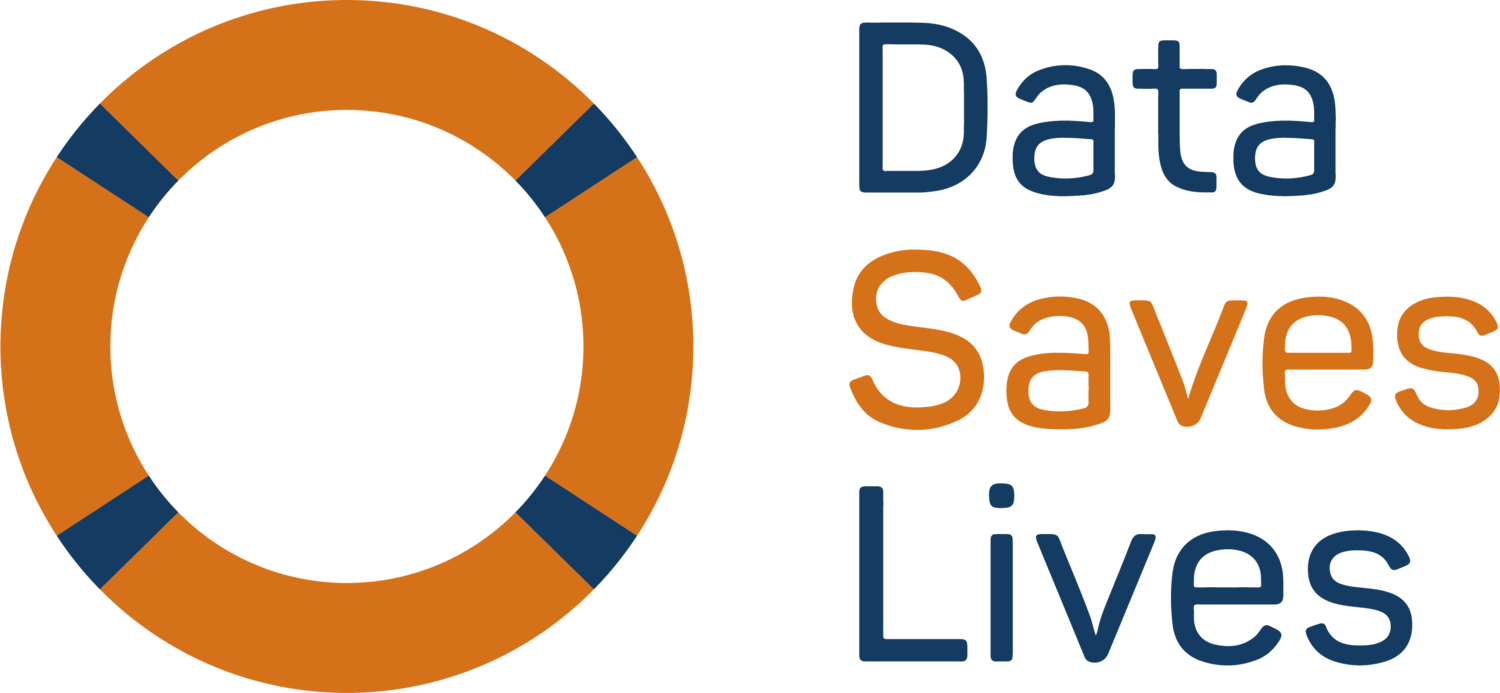
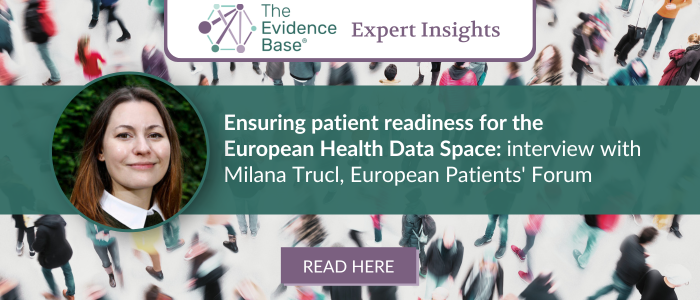















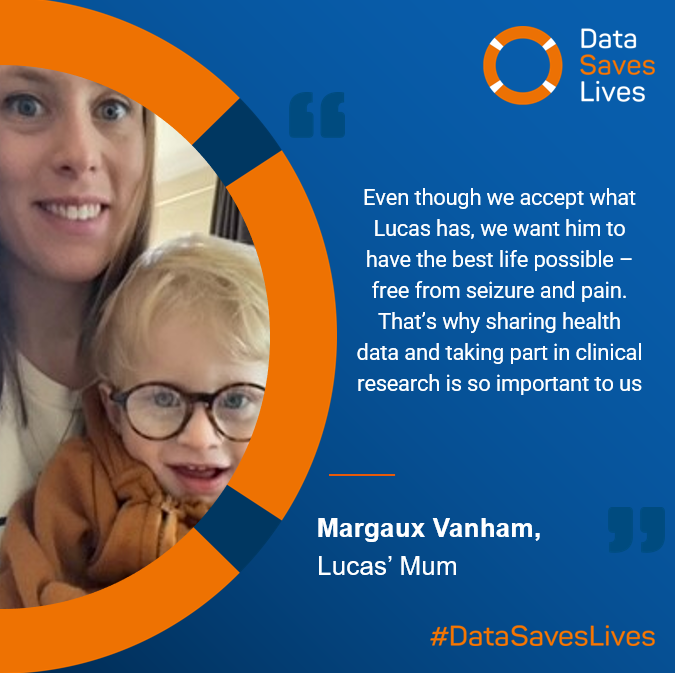


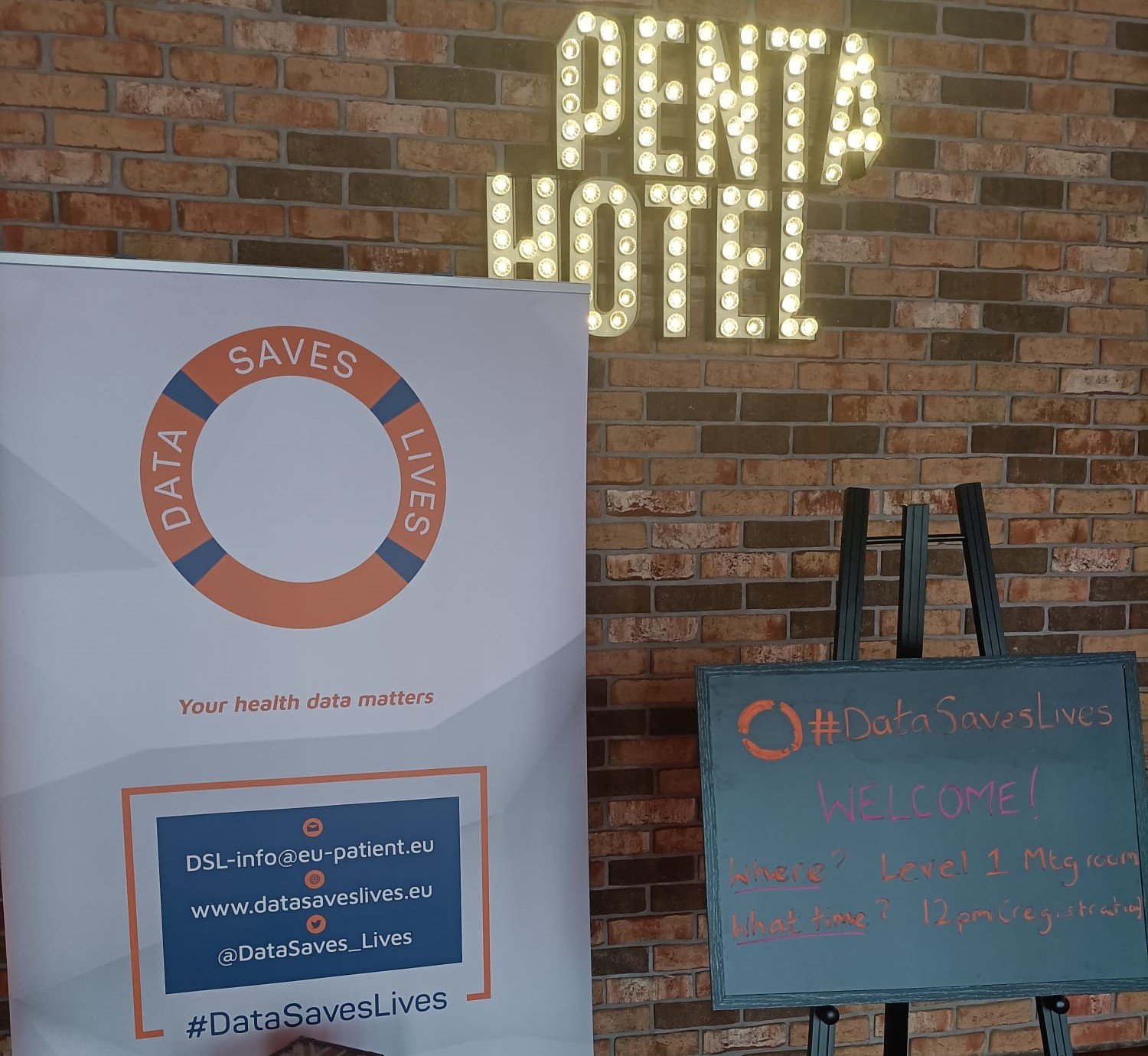

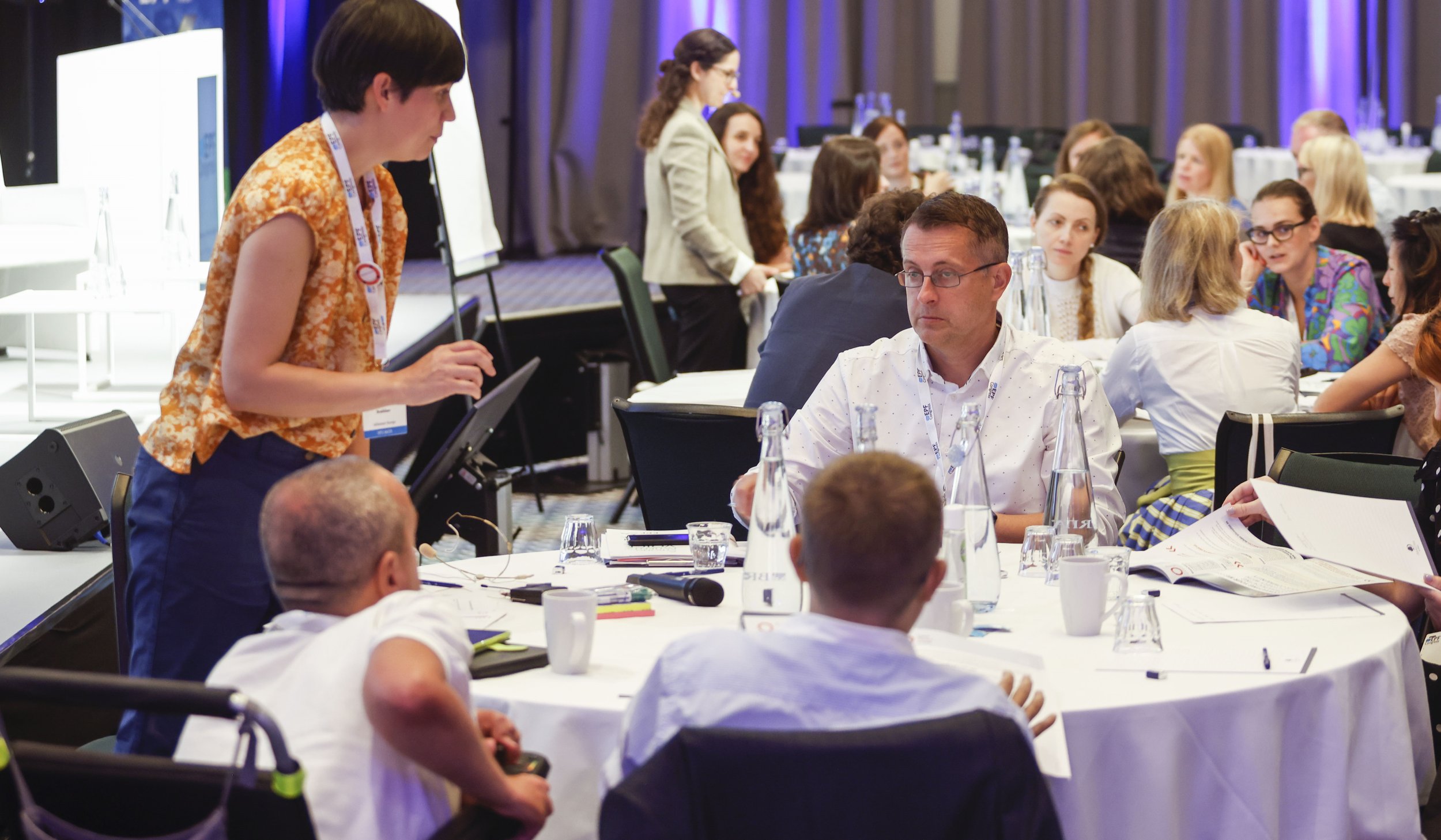






DSL DE Kompass is a timely and practical resource focused on making health data and digital transformation accessible, understandable, and empowering for all.